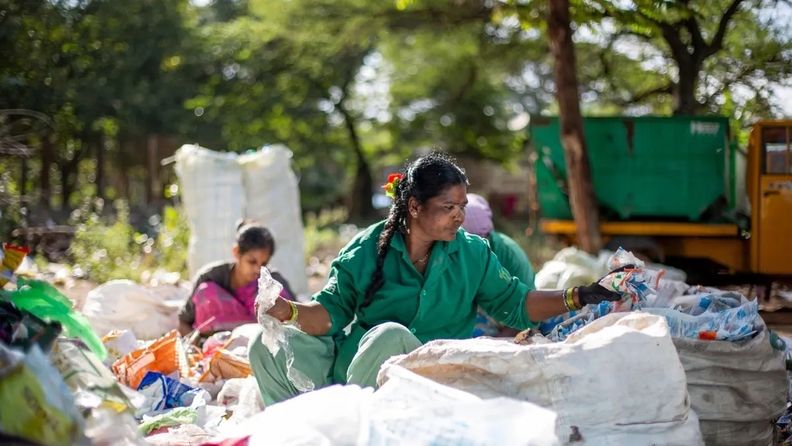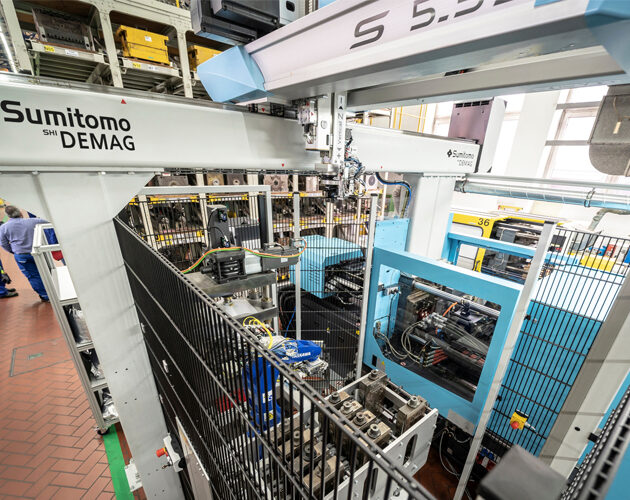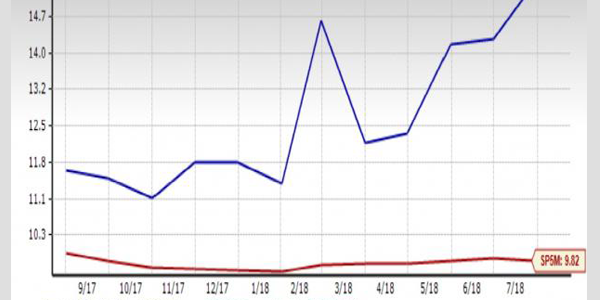Consumer goods giant Unilever has partnered with consulting firm EY and the US Agency for International Development to launch the Circle Alliance, a new public–private initiative aimed at tackling plastic pollution.
The partners have invested $21 million (€19 million) to support entrepreneurs and small businesses across the plastics value chain to scale solutions for packaging circularity, from collection and recycling to reuse-refill models.
The alliance aims to accelerate small to medium-sized enterprises through a mix of grant funding and bespoke business support. It has a particular on the economic empowerment of women, who make up the majority of waste collectors working in the informal sector in the global south.
The Circle will initially focus on India, Indonesia, Vietnam, and the Philippines, with plans is to expand to other markets by bringing in new organisations with additional funds to invest.
“The Circle Alliance brings together USAID’s experience in empowering women in plastic waste value chains and our long-standing relationships with national and local governments – and of course, with civil society,” said USAID administrator Samantha Power. “Unilever has unrivalled knowledge of, and an unrivalled role in, plastic supply chains. EY brings experience in providing professional support to help businesses grow and thrive. This is an incredible foundation for the Circle Alliance,” she added.
The initiative builds on the successful approaches developed by impact enterprise accelerator Transform which is led by Unilever, the UK’s Foreign, Commonwealth & Development Office, and EY. Other industry-led initiatives to tackle plastic pollution include the Alliance to End Plastic Waste and Project Stop.
Unilever has recently been criticised for abandoning its goal of cutting its virgin plastic use by 50% by 2025, after it revealed it has only achieved a 18% reduction so far. Its new goal is to reduce virgin plastic use by 30% by 2026 and by 40% by 2028.
Source: sustainableplastics.com







